Screen printing, a versatile printing technique that uses a mesh stencil to transfer ink onto various substrates, has seen significant growth in recent years. The screen printing mesh market plays a crucial role in this industry, providing the essential material used in the screen printing process. The mesh is typically made from polyester, nylon, or stainless steel and comes in various mesh counts, which determine the level of detail and the amount of ink that can pass through.
Market Dynamics
- Drivers of Growth: The demand for screen printing mesh is primarily driven by the growth of various end-use industries, including textiles, graphics, electronics, and packaging. In the textile industry, screen printing is widely used for creating intricate designs on apparel and home textiles. The graphics segment benefits from the increasing demand for customized signage and promotional materials. Additionally, the expansion of the electronics industry, particularly in the manufacturing of printed circuit boards (PCBs), has created a steady demand for high-quality screen printing mesh.
- Technological Advancements: Advances in screen printing technology have improved the efficiency and quality of printing processes. Innovations such as automatic screen printing machines and eco-friendly inks have further bolstered market growth. These technological advancements have also led to the development of specialty meshes, which cater to specific printing requirements, such as high-opacity inks or fine details.
- Challenges: Despite its growth, the screen printing mesh market faces challenges, including competition from digital printing technologies, which offer faster turnaround times and lower setup costs. Moreover, the environmental concerns associated with traditional printing inks and processes are prompting companies to seek sustainable alternatives. The shift towards water-based and eco-friendly inks is influencing mesh production and may require manufacturers to adapt their offerings.
Market Segmentation
The screen printing mesh market can be segmented based on various factors:
- Material Type: The market is divided into polyester, nylon, and stainless steel meshes. Polyester is the most widely used material due to its excellent elasticity, durability, and resistance to chemicals. Nylon meshes are favored for their fine weave and ability to print intricate designs, while stainless steel meshes are used for high-precision applications, such as electronics.
- Mesh Count: The mesh count refers to the number of threads per inch in the fabric. It is a critical factor that affects the quality of the print. Lower mesh counts (e.g., 40-60) are suitable for thicker inks and designs with larger elements, while higher counts (e.g., 110-200) are used for finer details and intricate patterns.
- End-Use Industry: The screen printing mesh market serves various industries, including textiles, automotive, electronics, and packaging. The textile segment dominates the market, driven by the demand for printed clothing and home furnishings. The electronics segment is expected to grow due to the rising demand for printed electronics and circuit boards.
- Geography: The market is analyzed across regions, including North America, Europe, Asia-Pacific, Latin America, and the Middle East & Africa. Asia-Pacific is the largest market, owing to the presence of major textile manufacturers and the rapid growth of the electronics industry in countries like China and India. North America and Europe are also significant markets, driven by the demand for high-quality printing in the graphics and packaging sectors.
Competitive Landscape
The screen printing mesh market is characterized by the presence of several key players, ranging from large manufacturers to specialized suppliers. Major companies are focusing on product innovation, expanding their product portfolios, and enhancing distribution networks to gain a competitive edge. Collaborations and partnerships with printing machine manufacturers are also common strategies to offer integrated solutions to customers.
- Key Players: Some of the prominent players in the screen printing mesh market include Brother, Haver Boecker, ACTEGA, GKD, CUNY, Sefar, Stork, Kornit Digital, Epson, Lenzing, Jakob Muller, Mimaki, Nitto Denko, EFI, Sericol. These companies are known for their high-quality mesh products and innovative solutions tailored to meet the specific needs of different industries.
- Market Trends: The trend towards sustainability is gaining momentum in the screen printing mesh market. Companies are increasingly adopting eco-friendly practices, such as using water-based inks and recyclable materials in their products. Additionally, the rise of e-commerce and online printing services is changing the way customers source screen printing materials, creating new opportunities for suppliers to reach a broader audience.
Future Outlook
The future of the screen printing mesh market looks promising, with continued growth expected over the coming years. The ongoing demand for custom printing solutions, coupled with advancements in printing technology, will drive the need for high-quality screen printing mesh. Additionally, the push towards sustainability will likely lead to innovations in mesh materials and production processes, further enhancing the market's growth potential.
About Market Research Future:
At Market Research Future (MRFR), we enable our customers to unravel the complexity of various industries through our Cooked Research Report (CRR), Half-Cooked Research Reports (HCRR), Raw Research Reports (3R), Continuous-Feed Research (CFR), and Market Research Consulting Services. MRFR team have supreme objective to provide the optimum quality market research and intelligence services to our clients. Our market research studies by Components, Application, Logistics and market players for global, regional, and country level market segments, enable our clients to see more, know more, and do more, which help to answer all their most important questions.
Contact:
Market Research Future®
99 Hudson Street,5Th Floor
New York, New York 10013
United States of America
Phone:
+1 628 258 0071(US)
+44 2035 002 764(UK)
Email: sales@marketresearchfuture.com
Website: https://www.marketresearchfuture.com


